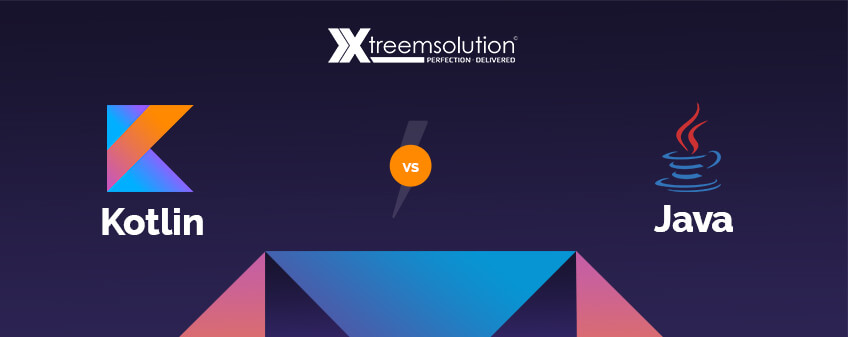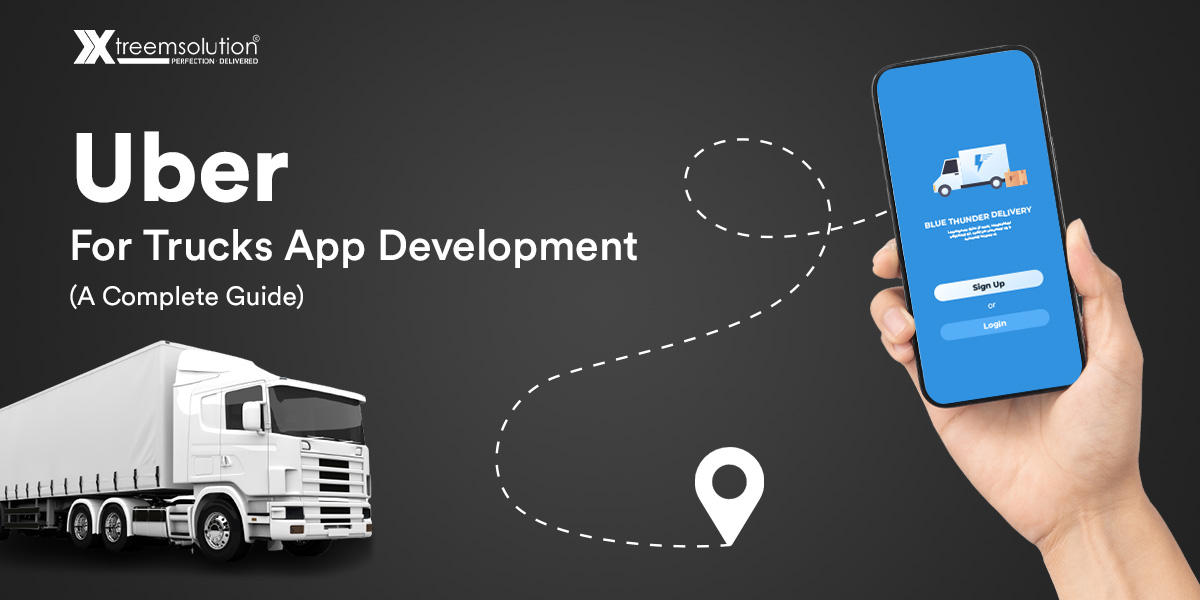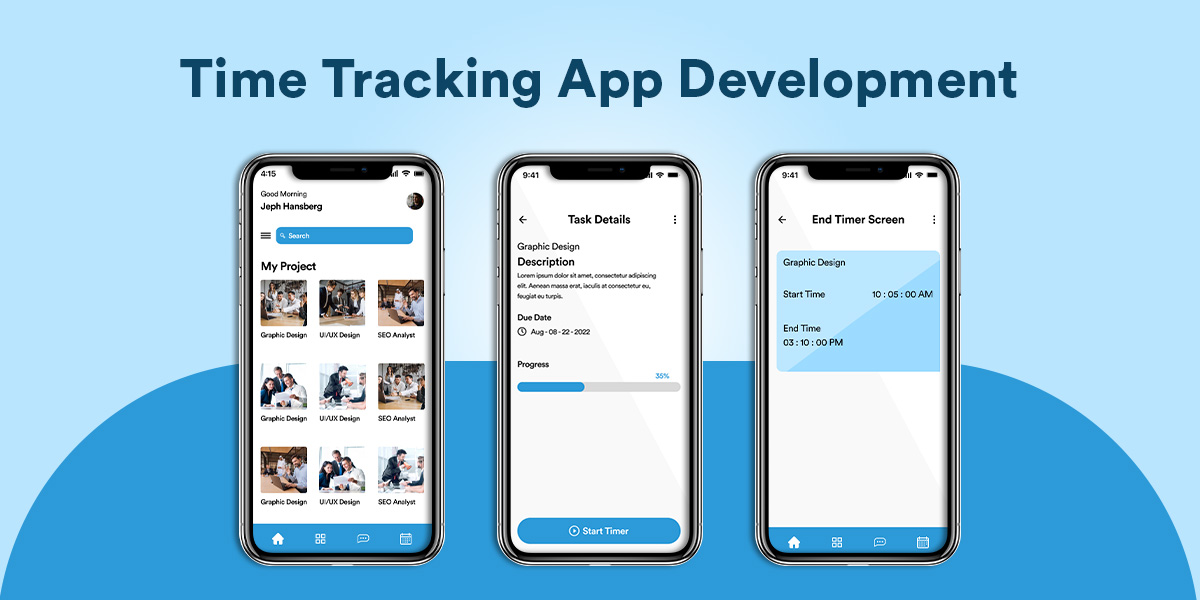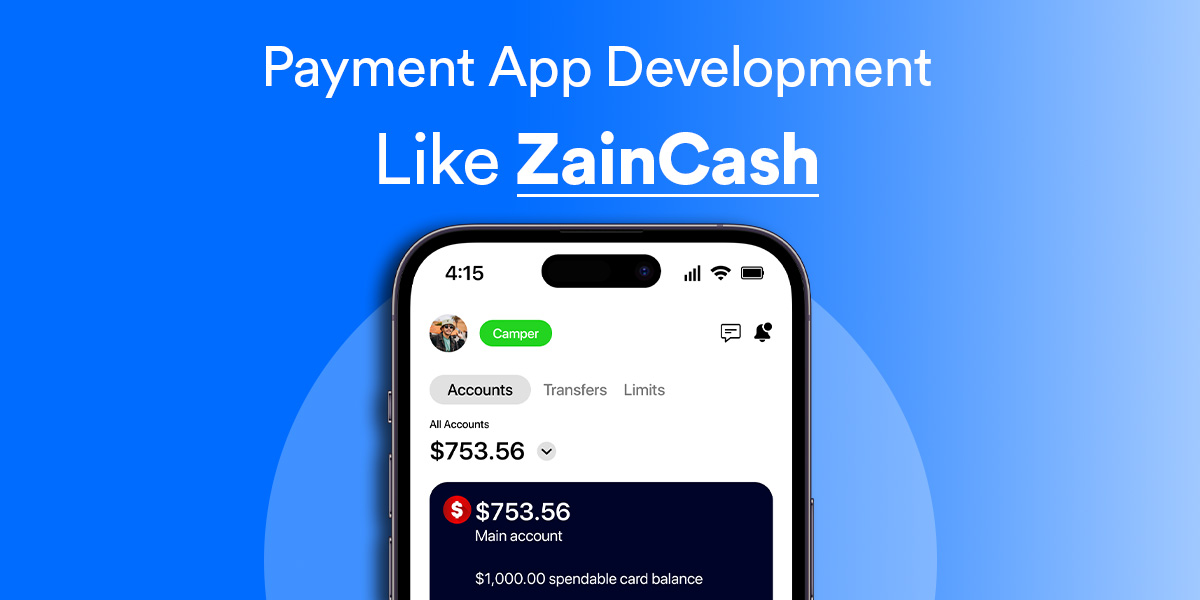It was 1990 when Java was born. Today Java is just 2 years short of completing two decades in the programming ecosystem and still remains the most popular language among App developers. Fueling 13.27% of currently active websites and Mobile applications, Java reigns supreme. But 2017 changed things for Java as Google announced Kotlin to be the official programming language for Android.
Though we are yet to see a significant impact on the popularity of Java, Kotlin’s market share to create a mobile App has increased to 0.48 % Apps Google Play Store and 2.08% if we look at Apps across all the platforms. Twitter, Netflix, and Pinterest are few of the most popular Apps that use Kotlin.
How did Kotlin garner so much of attention?
Well, the answer lies in the fact that Kotlin is 100% interoperable with Java and as it runs on JVM, the adaption was easy for existing Java developers. The world of developers is still divided between Java and Kotlin as both are open source and statistically typed programming languages. Kotlin is undoubtedly moving aggressively as an official programming language for Android ecosystem.
JetBrains floated Kotlin in the year 2011 and since then there is no looking back. If you are a developer and are scratching your head over Java and Kotlin for next project, this article will help you take a call.
Kotlin VS Java: The Battle is on.
Kotlin has been developed on the lines of Java and both programming languages exhibit certain similar traits and some stark contrasts. Let us have a look:
Initialization of variables
Java, C, C++, and Kotlin belong to the fraternity of statically typed programming language. Without any requirement of defining all the variables before they are used, all these languages are flexible when it comes to defining and initialization of variables. A programmer can initialize the variable anywhere in the program.
Procedural Programming Support
Kotlin exceeds its support beyond classes and methods of object-oriented programming and takes it the next level as it supports procedural programming. What procedural programming means is that the functions and variables can be defined anywhere. They are necessary to be placed in classes like Java.
File Extensions
Kotlin uses newer file extensions like .kt and .kts as opposed to Java which has been using.java, .class, .jar.
Compilation format
Programs written in Kotlin and Java are compiled into Bytecode format. This format is not run by the processor at the time of execution but in a virtual machine (JVM). This makes the program independent of the platform of execution as it can be run anywhere over a virtual machine.
Kotlin handshakes with Java
Kotlin was created with the aspect in mind that all Kotlin programs must be able to use Java frameworks and libraries. The support has been extended to the use of advanced frameworks and Kotlin programs integrate with Gradle and Maven too.
Ease of adoption
With an intuitive syntax, Kotlin is an approachable programming language that can be learned by reading and implementing.
Java to Kotlin conversion
It seems JetBrains was all set to target Java and its existence. The intellij feature of Kotlin automatically converts Java to Kotlin. It not only saves time but the effort also for programmers who wish to switch.
Null-safety provision
Kotlin saves you from running into null pointer exception. The Kotlin system is inherently adept in failing the program at compilation step if the code returns as null. If the need arises, the nullability can be introduced into the Kotlin program. All we need to do is append a “?” after the variable type.
Ease of Code review
Readability of Kotlin syntax is very English like making the code review task easy and quick.
Data Classes
Kotlin supports many Data Classes. This offers it the flexibility of autogeneration of boilerplate. The boilerplates may be like hashCode, equal, toString and more.
Extension Functions
While using Kotlin the functionality of a class can be extended. Although it eliminates the need to inherit the class, it allows you directly use the extension function.
Automatic insertion of Casts
Kotlin compiler deals with the insertion of casts in an intelligent manner. Most the cases would not require the programmer to explicitly use cast operators. As the compiler is smart enough to identify the need of casts, if it faces the “is-checks” for immutable values, it is capable of inserting the casts automatically.
Functional Programming
Kotlin has proved to be a highly functional programming language. With support for an array of higher-order functions like operator overloading and lambda expressions, Kotlin adds to the versatility of its use.
Compilation time
Java code compilation for the very first times is around 15-20% faster as compared to Kotlin code.
The Future of Kotlin language
Kotlin has proved to be a more productive language that comes with a boilerplate code. What Java can do in 50 lines of code, Kotlin can do it in just 1 line of code. Interoperability with Java makes it a very efficient programming language for the future as is evident from the support it is receiving from major Java frameworks like Spring 5. Java and Kotlin work in a backward compatible ecosystem making it easy for your Java friend to use your piece of Kotlin code and vice-versa. The migration path is very easy for with the IDE’s like IntelliJ.
Advantages of Kotlin like the choice of declarations, lesser coding needs, usability of Java libraries and frameworks and mixed language database make Kotlin a powerful language for the future of website and app creators.
2017 turned out to be a big year for Kotlin, primarily due to Google I/O announcement of the new official language for Android App development. While scaling new heights, Kotlin topped the popular mobile development platform charts of StackOverflow at being one position three.
Kotlin’s popularity took a huge leap as developer fraternity became comfortable with the fact that its compiled code runs on JVM making it very versatile to use across multiple platforms. Compiling down into JavaScript, Kotlin can be used for both frontend and back-end development. We are waiting for what 2018’s end says about Kotlin but it has been proved that the future is bright for Kotlin.








